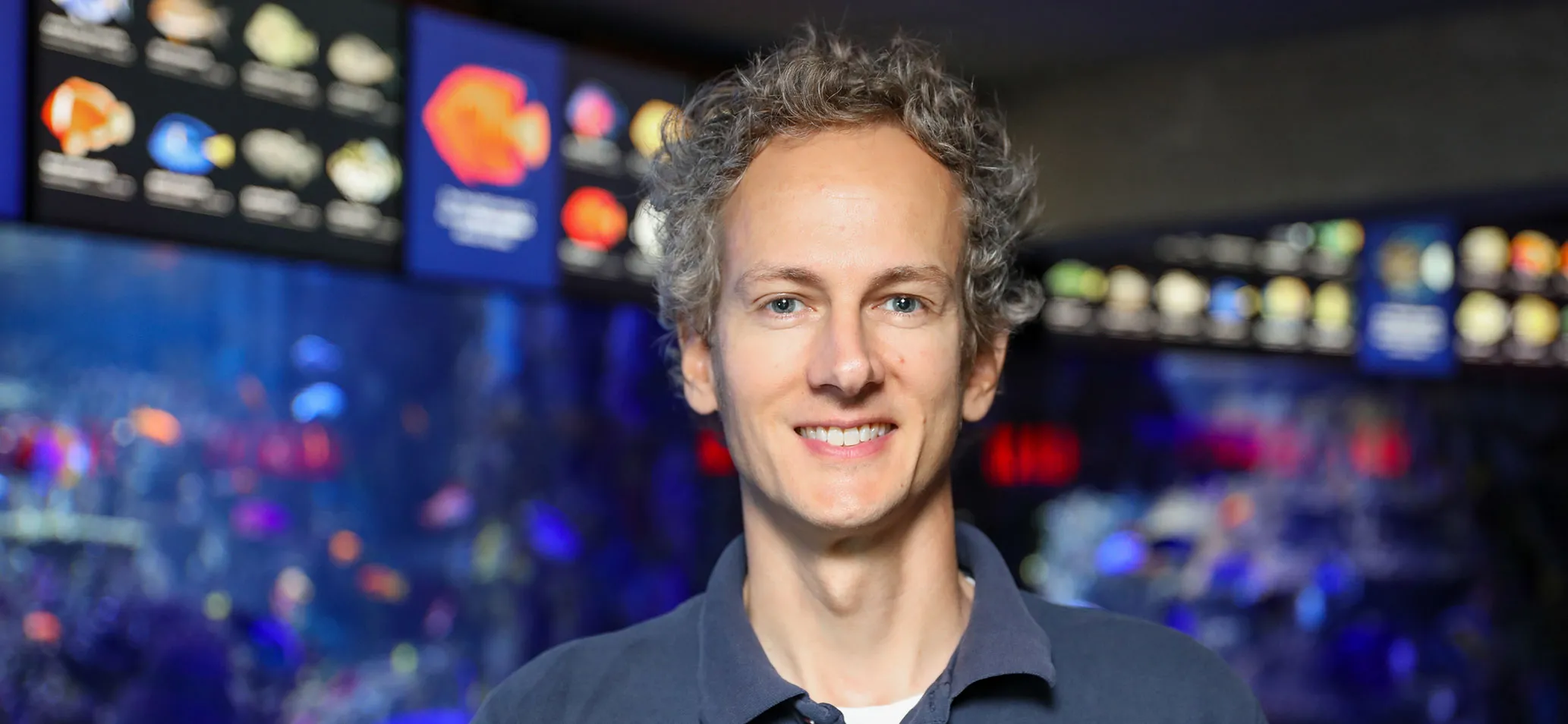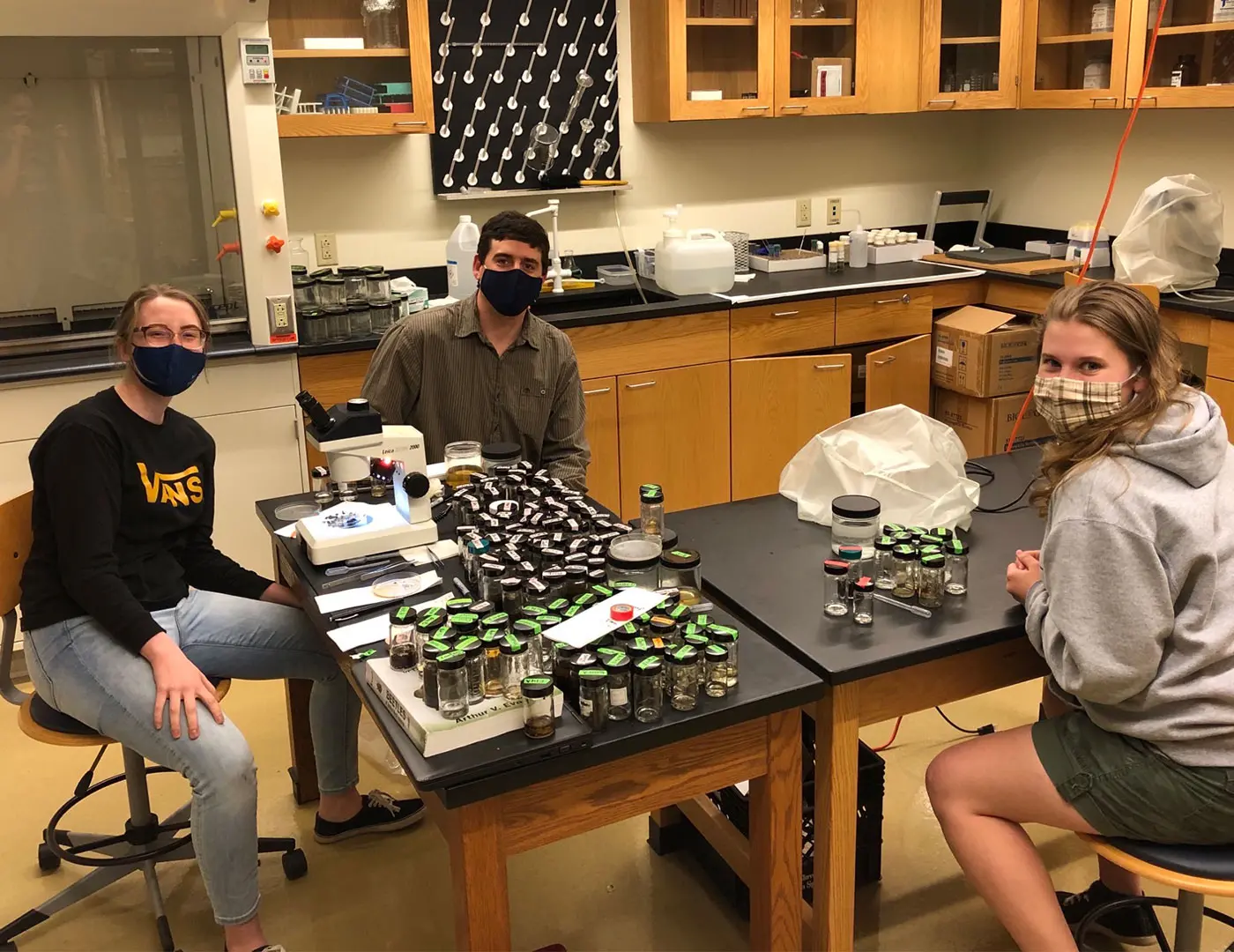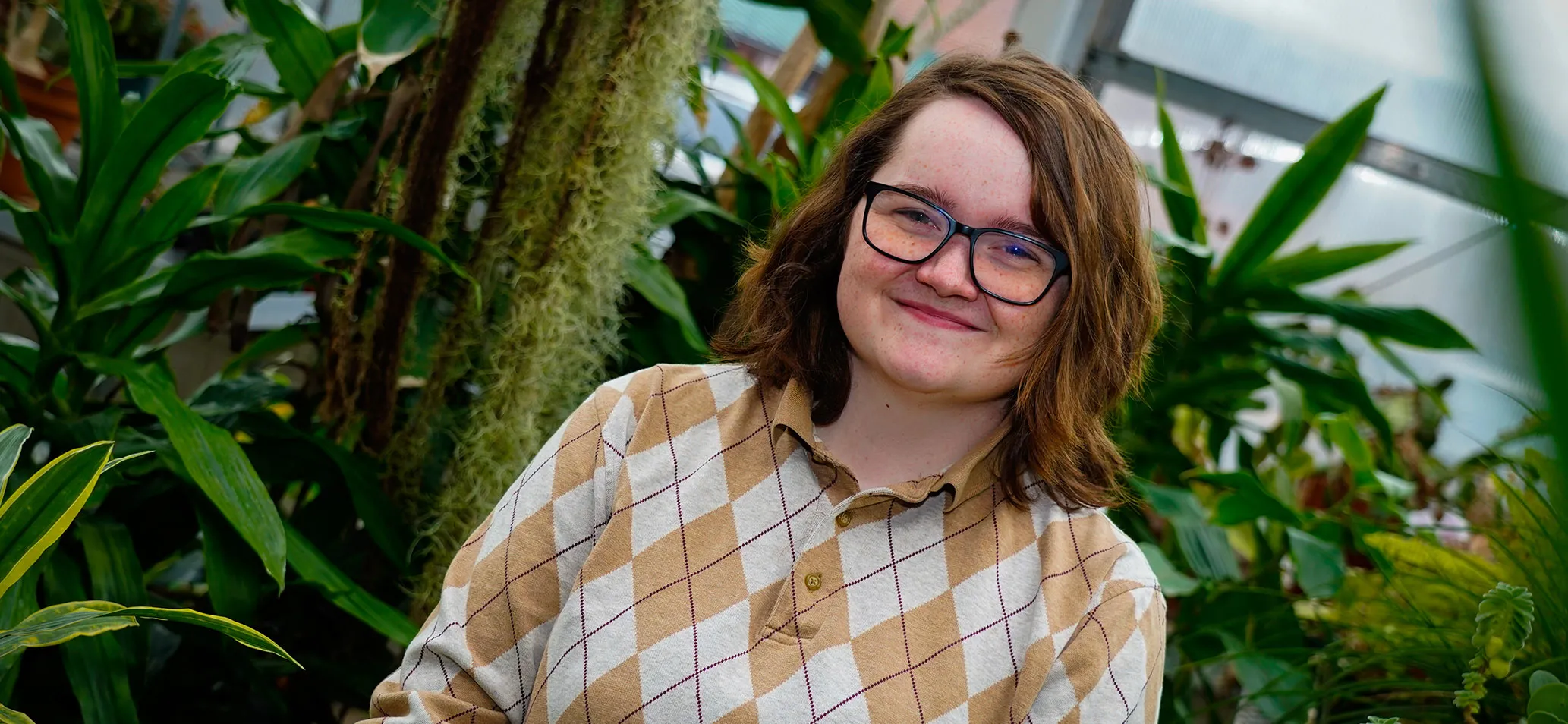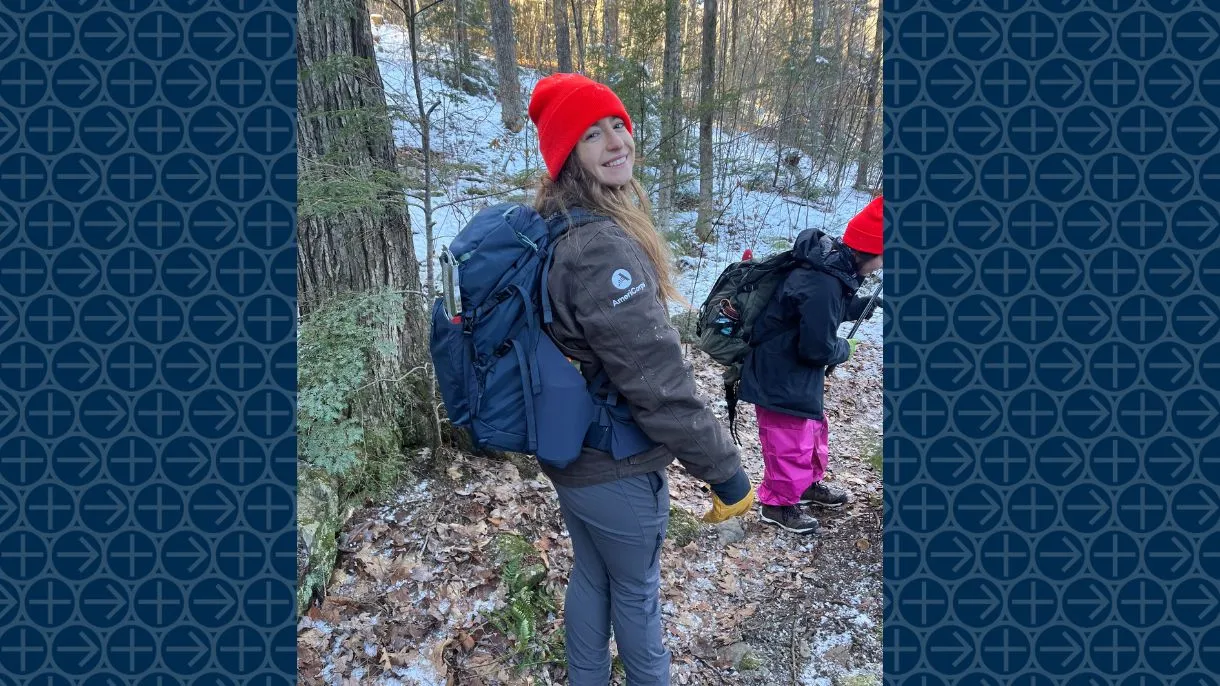
LVC News
- Accounting
- Accounting/MBA 3+1
- Actuarial Science
- Allwein Scholars
- Alumni Profiles
- Applied Kinesiology
- Athletic Training
- Athletics
- Audio Music Production
- Awards
- Biochemistry & Molecular Biology
- Biology
- Breen Center
- Business Administration
- Campus
- Chemistry
- Clinical Exercise Physiology
- Clinical Mental Health Counseling
- Community Service
- Computer Science
- Creative Arts
- Creative Writing
- Criminal Justice
- Cyber Defense and Homeland Security
- Data Science
- Digital Communications
- Economics
- Education
- Engineering
- English
- Environmental Science
- Esports
- Exercise Science
- Faculty Profiles
- Gallery
- German
- Giving
- Graduate Studies
- History
- Honors
- Intelligence and Security Studies
- Interaction Design
- International Business and Policy
- LVEP
- Marketing
- Mathematics
- MBA
- Medical Humanities
- Medical Laboratory Science
- Music
- Music Business
- Music Education
- Neuroscience
- Nursing
- Physical Therapy
- Physics
- Political Science
- Pre-Law
- Pre-Medical Professions
- Psychology
- Self-Designed
- Social Justice and Civic Engagement
- Sociology
- Spanish
- Speech-Language Pathology
- Sport Performance
- STEM Education
- Student Profiles
- Study Abroad
- Sustainability
- Transfer
- Undecided/Exploratory
Understanding the Invasion

Dani Jurina ’22 didn’t start her college career as an environmental science major, but lifelong interests led her in that direction.
“I have always loved animals, and when I was young, I wanted to be a veterinarian or zookeeper. When I got to LVC, I had friends and professors who encouraged me, and I’m forever grateful that they did,” said Jurina.
Jurina is gaining valuable experience in her field by participating in spotted lanternfly research with Dr. Doug Becker, assistant professor of biology. The spotted lanternfly was accidentally introduced to Pennsylvania in 2014 and found its way to LVC two years ago.
“I wanted to conduct research in general, and working with an invasive insect that was relatively new to the area piqued my interest,” said Jurina.
Dr. Becker said the project’s goal is to monitor changes in insect abundance and species composition emphasizing Orders Coleoptera (beetles) and Hymenoptera (bees, wasps, ants) as the lanternfly invades the campus’ Wood Thrush Preserve. They also want to observe how insect abundance and species composition rebound following future active lanternfly management.
Evelyn Dyer ’23, another environmental science major, joined the project this spring. Having heard about the research from Dr. Becker, she reached out, eager to become a part of the study.
“I reached out to Dr. Becker because I thought it would be a great way to get my foot in the door, and with the spotted lanternfly becoming an increasing threat, trying to find a native competitor insect would be something I’d love to take part in,” said Dyer.
Student-faculty research provides students a great opportunity to go beyond classroom learning.
“Doing research has enhanced my time at LVC. I’ve learned to work in a team and gained practical skills that can help me move forward with entomology in the future,” said Jurina. “Research has also helped to understand better how invasive species can cause destruction to the environment, both in a forest and agricultural setting.”
Dyer echoes Jurina’s sentiment.
“The information and knowledge from hands-on experience is something they cannot always teach you in courses. Labs try to simulate this understanding, but research is the real deal,” said Dyer. “My research with Dr. Becker has indirectly increased the number of resources and connections I have made at LVC.”
Student-faculty research not only fosters academic development but also provides students with professional opportunities. Thanks to her research, Jurina presented her findings to the Entomological Society of Pennsylvania.
“I gave a general background about the spotted lanternfly in PA. I also introduced our research in LVC’s Wood Thrush Research Preserve and shared our preliminary results. We are interested in how the spotted lanternflies will affect the forest insect community in the preserve,” said Jurina.
Jurina thanks her professors for mentoring her along her path.
“Dr. [Rebecca] Urban [director of environmental science and professor of biology] and Dr. Becker have been so helpful as I acclimated to this major. They continue to encourage me toward my academic goals and helping find internship opportunities,” said Jurina.




